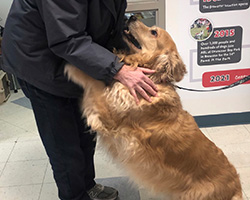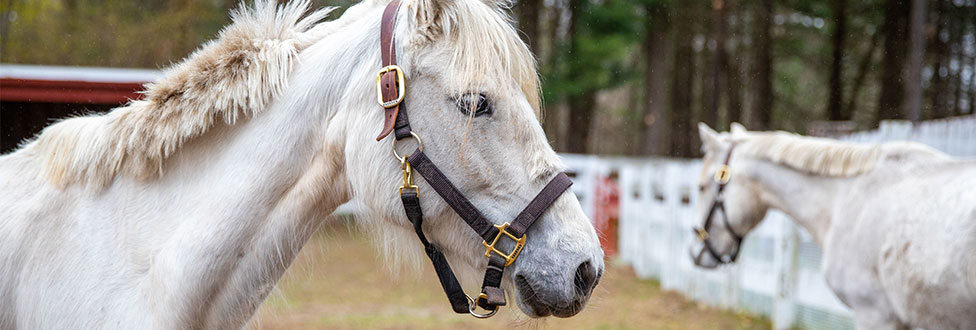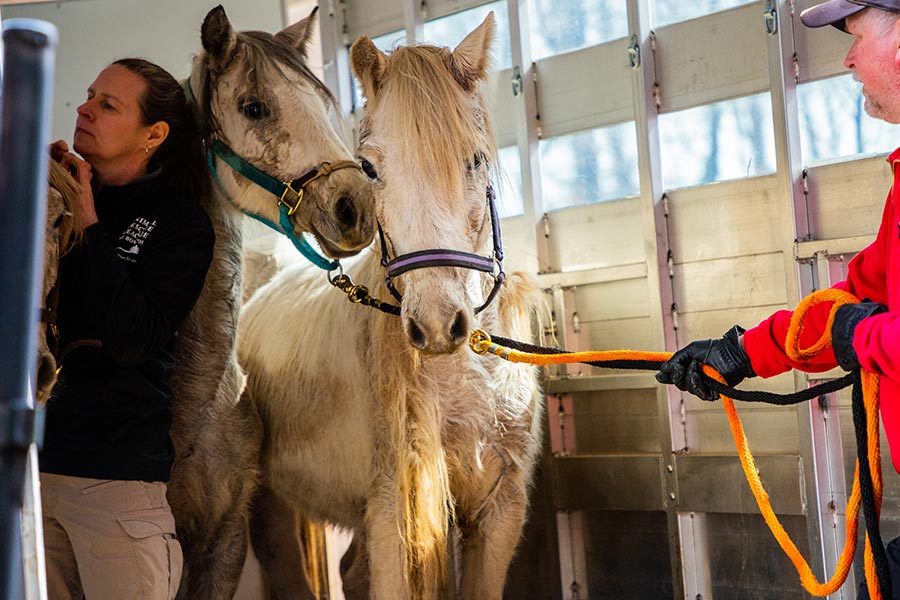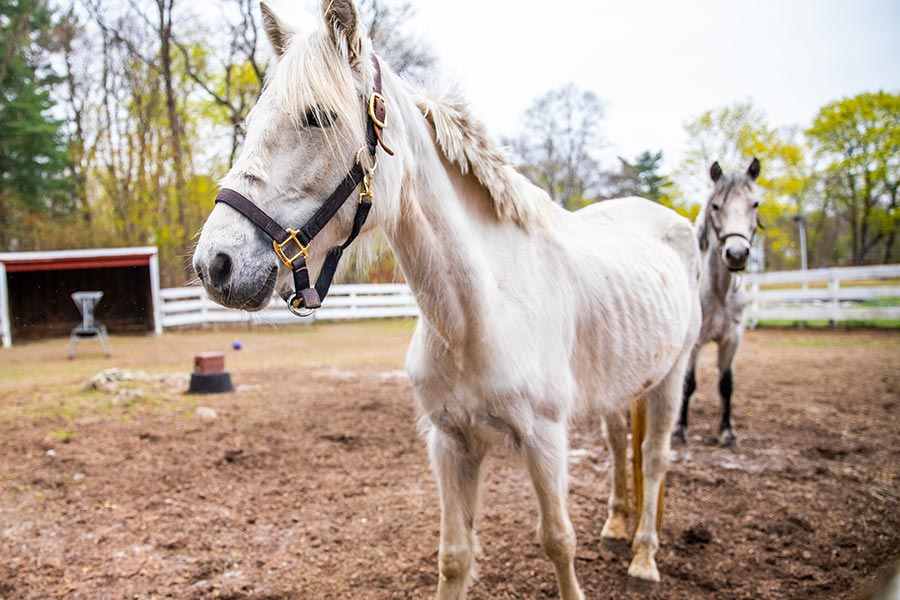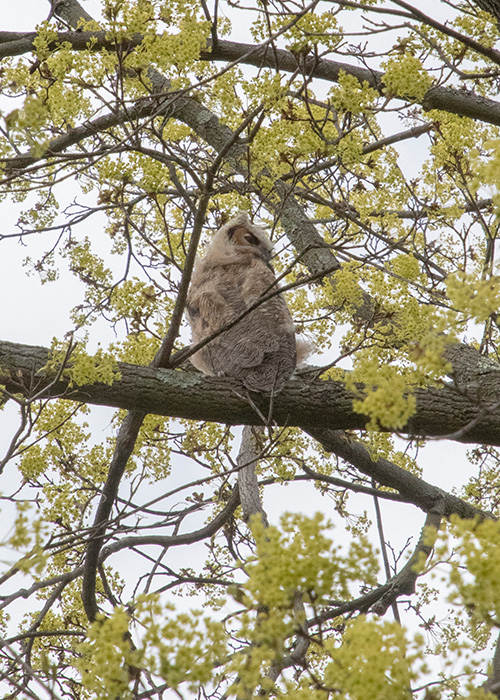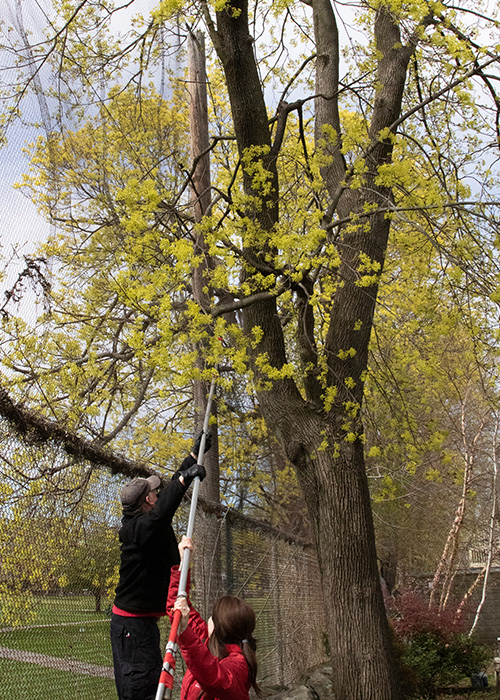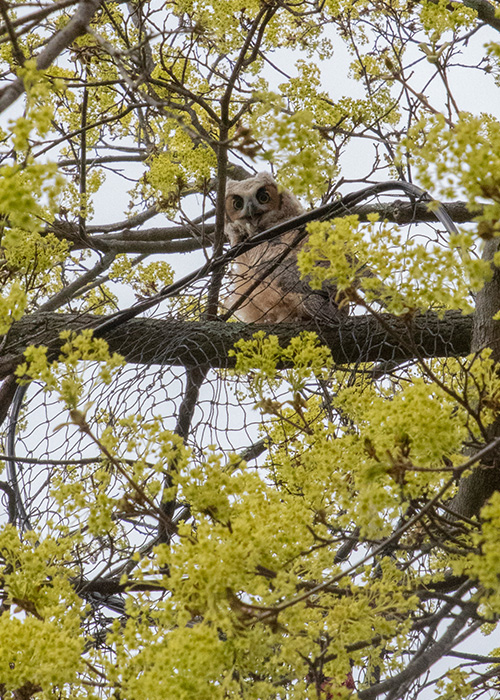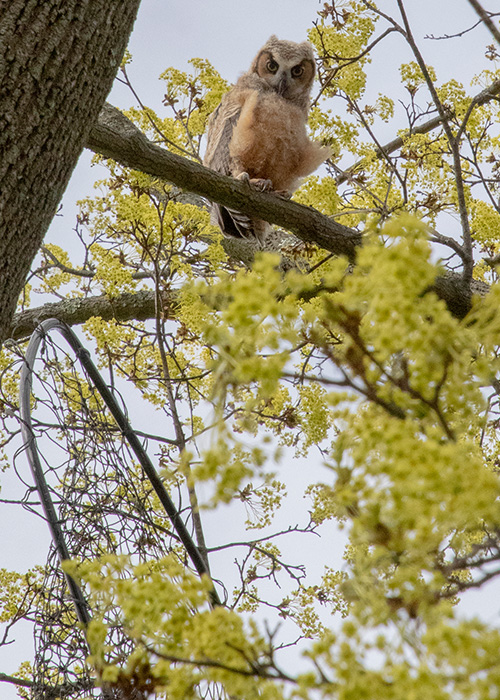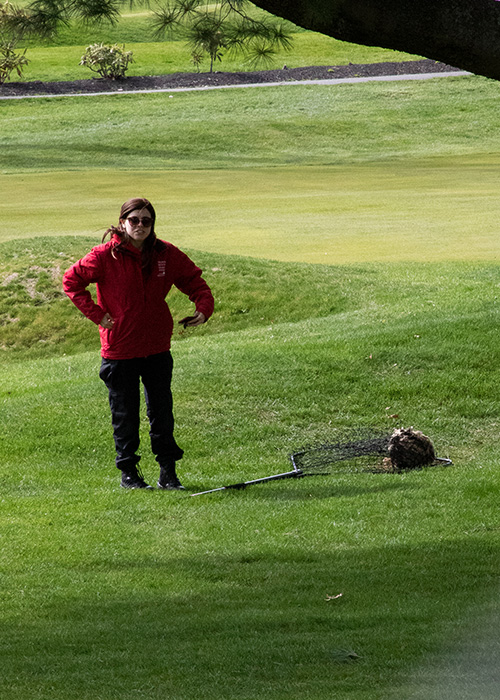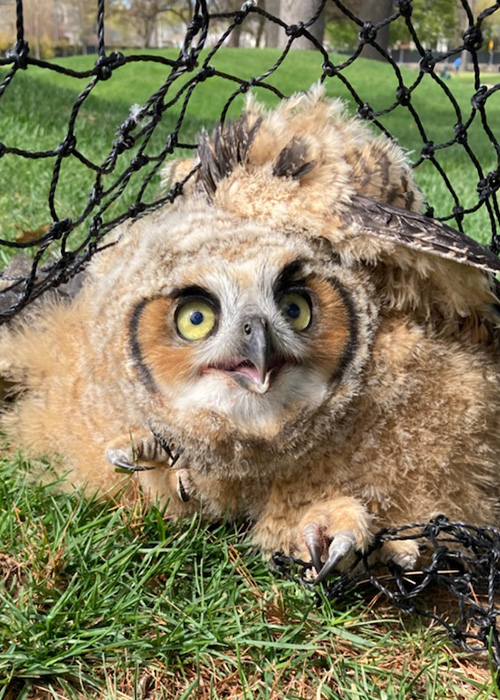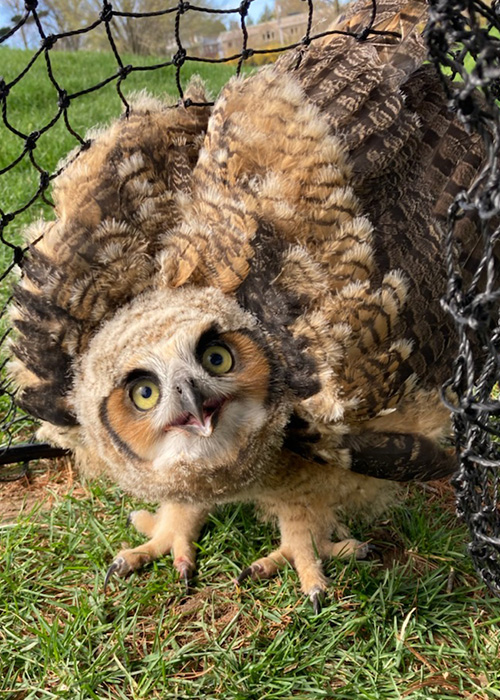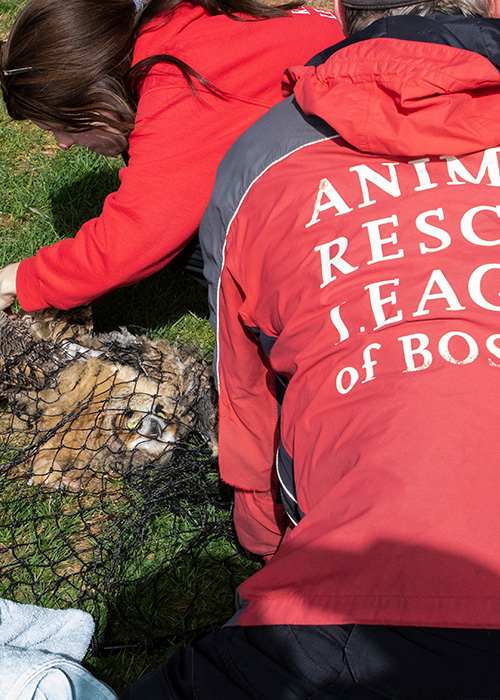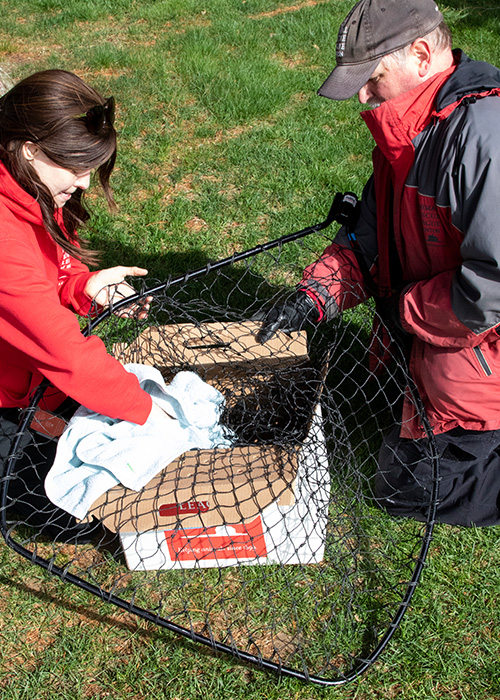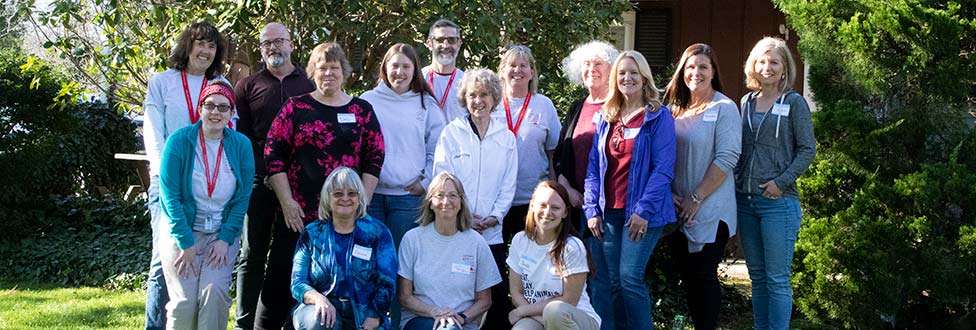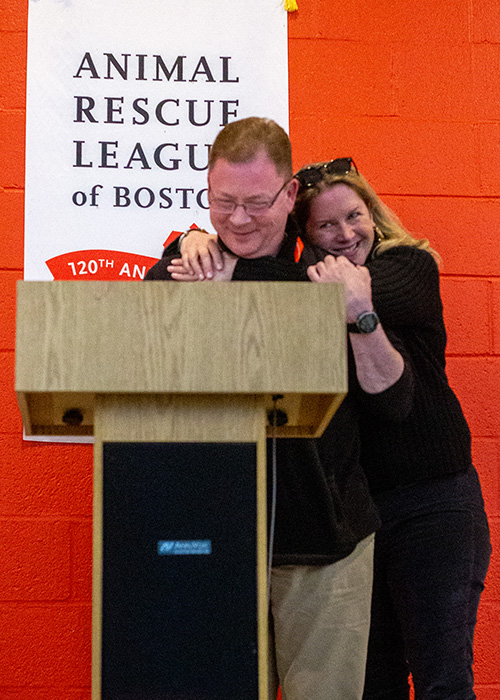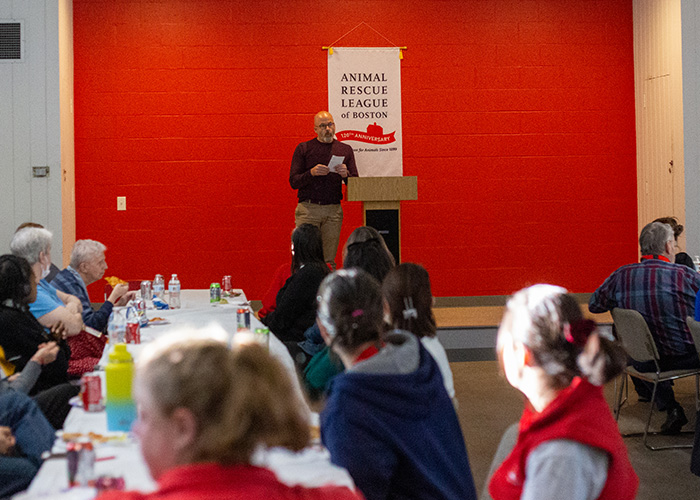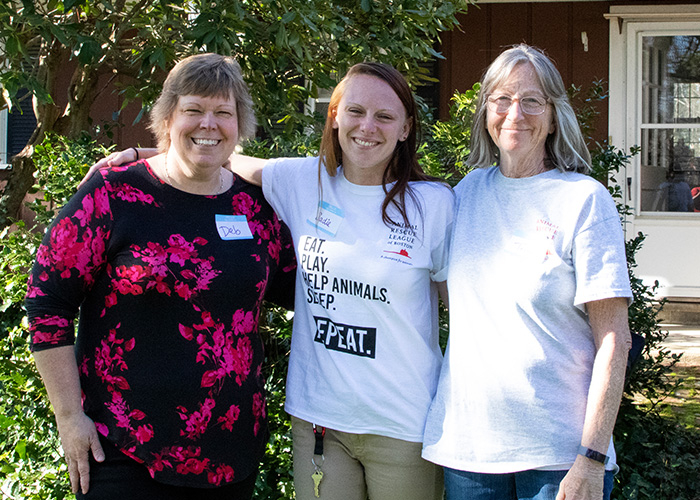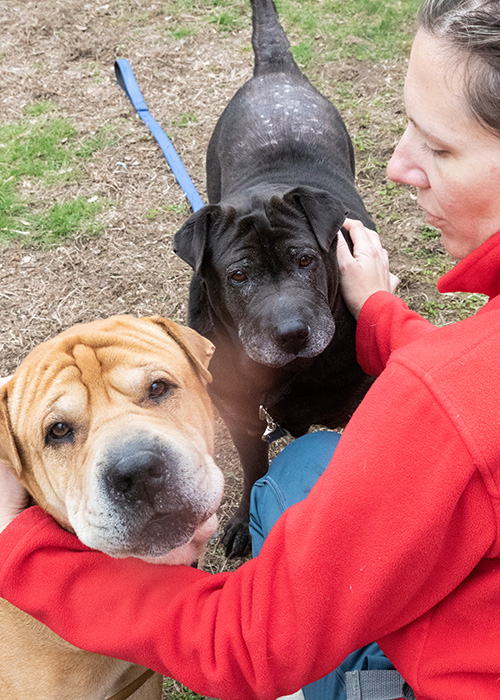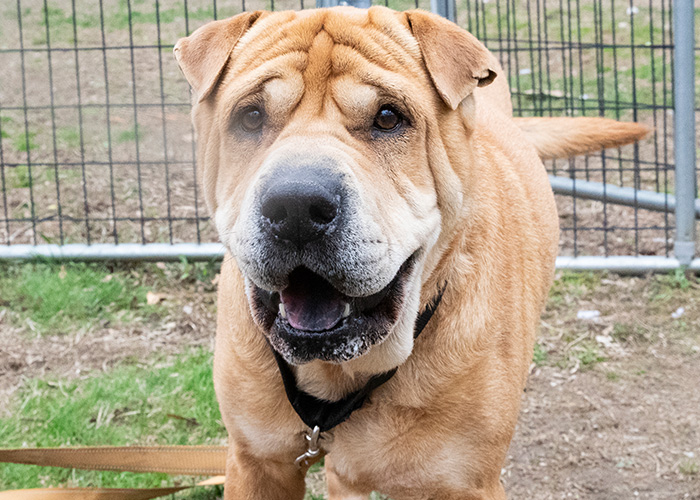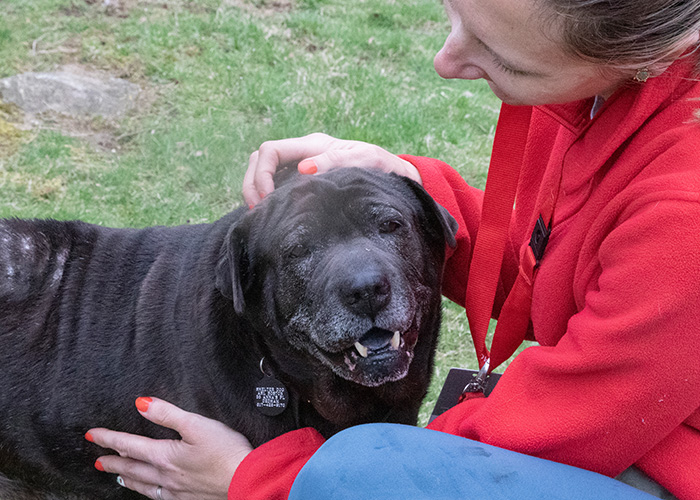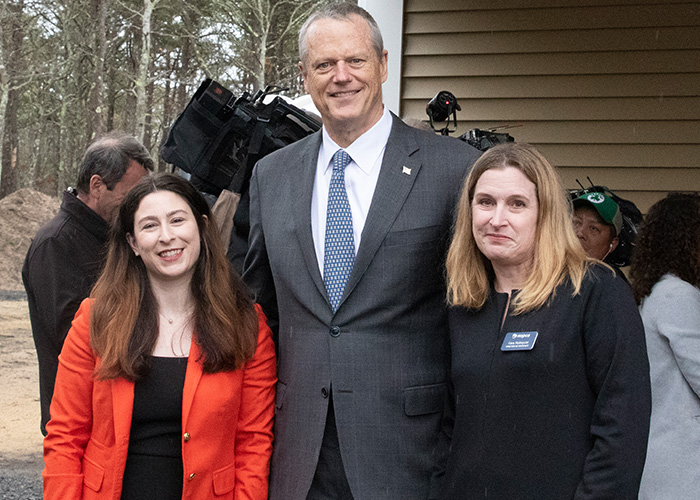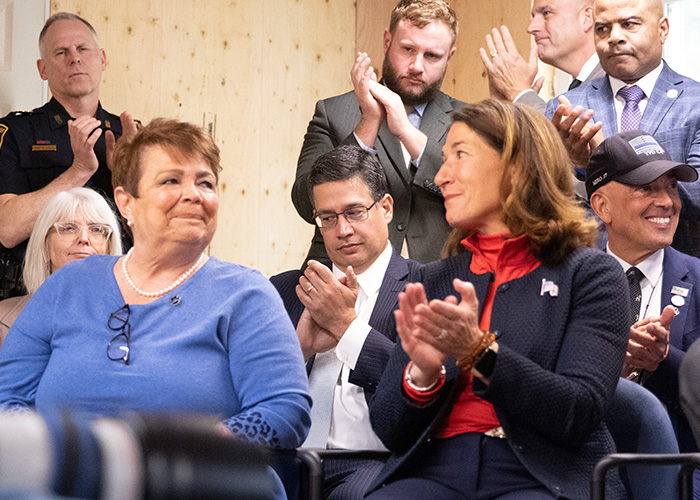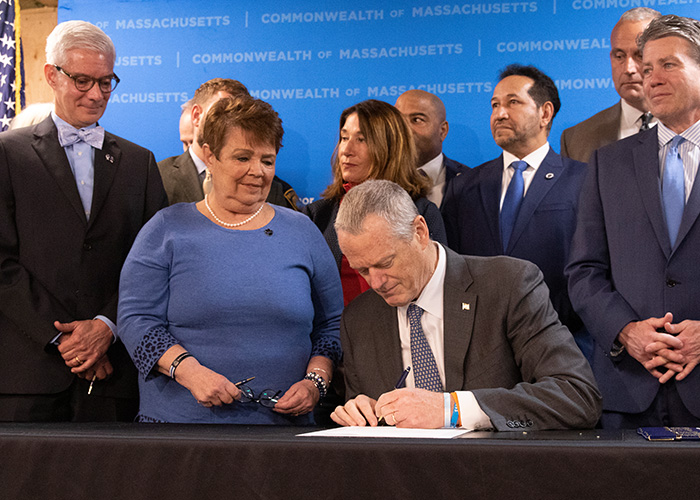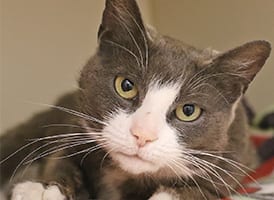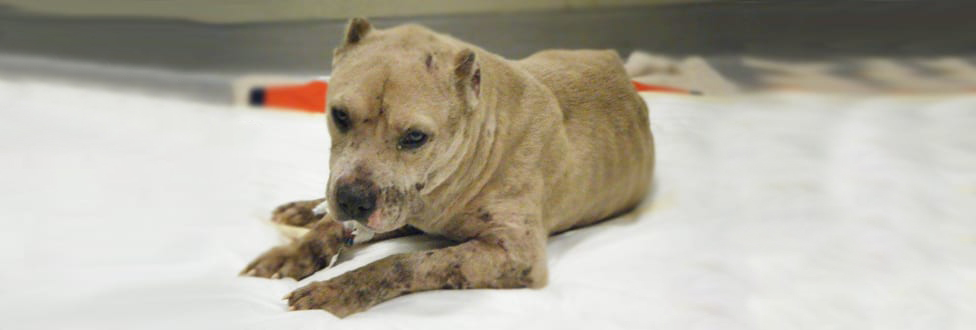ARL Provides Temporary Shelter for Animal While Owner Hospitalized
The Animal Rescue League of Boston (ARL) prides itself on being a resource not only for animals in need, but also for the people who love them. A recent situation on Cape Cod where ARL provided temporary shelter for an animal highlights this belief.
Lending a Hand
The Orleans Police Department recently brought a senior Golden Retriever named Jessica to ARL’s Brewster Animal Care and Adoption Center – this after her owner was hospitalized and was worried for her wellbeing.
Staff at Cape Cod Hospital reached out to Orleans police, who retrieved the animal and took her to ARL.
In an effort to ease the owner’s mind and have them focus on their own wellbeing, ARL was able to contact the owner, and offered to provide temporary shelter for the dog until the owner was better and able to return home.
Being conscious of the fact that to suddenly be removed from a home and placed in a shelter environment can be traumatic for an animal, ARL showered Jessica with attention and pampered the pooch during her two-week stay, providing her with plenty of outdoor time, veterinary care and grooming.
While missing her home and family, Jessica quickly warmed up to staff and volunteers, and thoroughly enjoyed her time in Brewster.
Going Home
Once Jessica’s owner was well enough to come home, it was time for her to go home as well.
Upon seeing her owner, Jessica was overjoyed with her tail wagging, and showering her owner with love.
ARL is thrilled to have been able to care for Jessica in her and her owner’s time of need and to continue its mission to be a resource for pet owners throughout Massachusetts.
A Resource
ARL is steadfast in its commitment to ensuring that animals stay out of shelters and in homes with those who love them.
If you are faced with a difficult situation involving your pet, please call (617) 426-9170, and ARL may be able to help.


